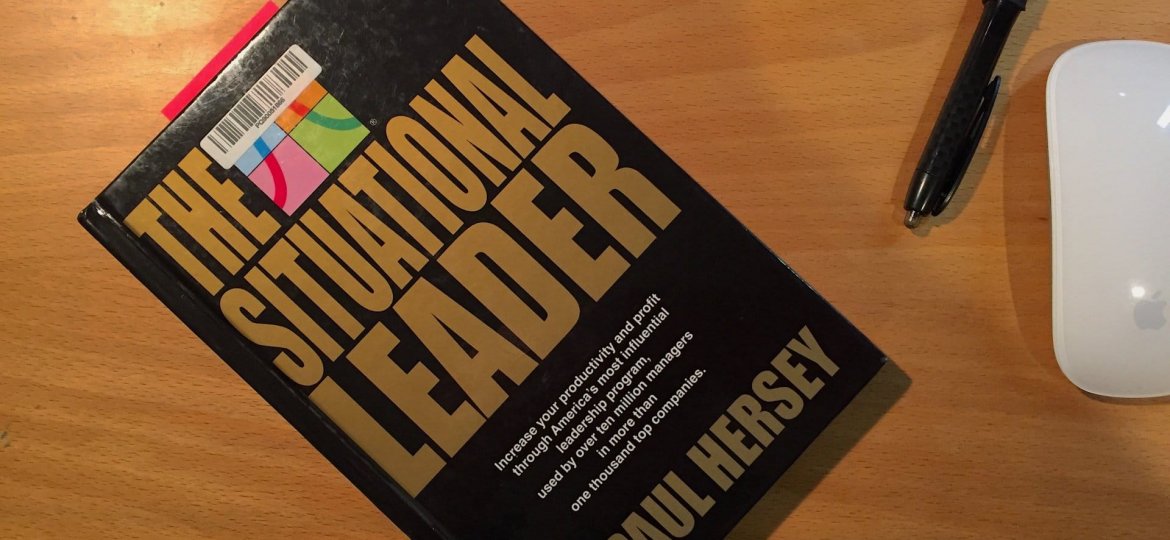
Situational Leadership changed how I think about leadership. I focused on developing an assertive leadership style. The leaders I looked up to had an air of authority, confidence, knowing what to do. The concepts behind Situational Leadership opened up a new perspective. We need to match our leadership style to the situation. And so we need to develop multiple leadership styles.
Situational Leadership Model
The Situational Leadership model was developed by Paul Hersey and Ken Blanchard during the 1970’s. The model describes the states of learning an individual goes through to become proficient at a task. It considers two dimensions of willingness (self-confidence) and capability (skill). When we experience a new task, we are excited to learn and not skillful. Our enthusiasm diminishes as we learn how difficult it will be to master this skill. Then, as we develop the skill our confidence increases. Over time we become both highly confident and highly skilled. Four leadership styles match these phases: Directing, Coaching, Supporting and Delegating. Wikipedia has a nice overview if you would like to learn more.
The model has been in the back of my mind for many years and I recently used it with a client. I dusted off my copy of the book and dug in to refresh my understanding. The concepts came back quickly. I remembered why I was so excited about it. That wasn’t the end though, reading it again opened up several key new insights.
New Insights
This model of learning explains why we often don’t follow through to fully adopt new skills. We are excited to start, but when we realize what is involved, our enthusiasm drops and we often give up. It will take too long to learn it. We realize we don’t have time. Or, we don’t know how to get over the barriers standing in our way. Does this sound familiar?
The authors propose coaching as an answer. Helping a person learn something new without taking away their personal responsibility. It generates the confidence for them to excel. I see this every week with my clients. They feel stuck and when we discuss the situation, they find a way forward.
The other thing that struck me is the cycle of learning. One way to look at it is to see the final quadrant where you are both fully confident and capable as the end. You have learned how to perform this skill well. The bigger question is what is next? And with that you start the cycle over again. This ties in with the work on growth mindset. We are never done learning, and we need courage and support to continue our learning.
My last learning is the value of going back to things I’ve taken for granted. The value of taking another look. I am in a different space these days and my context has changed. This led me to see a different set of possibilities. What I will revisit next?

